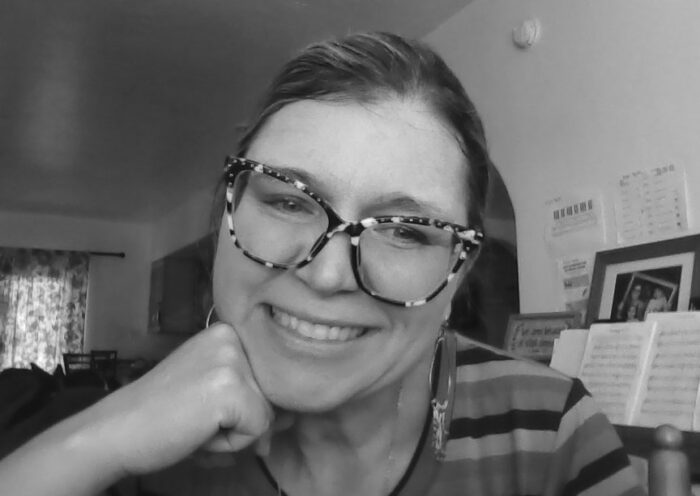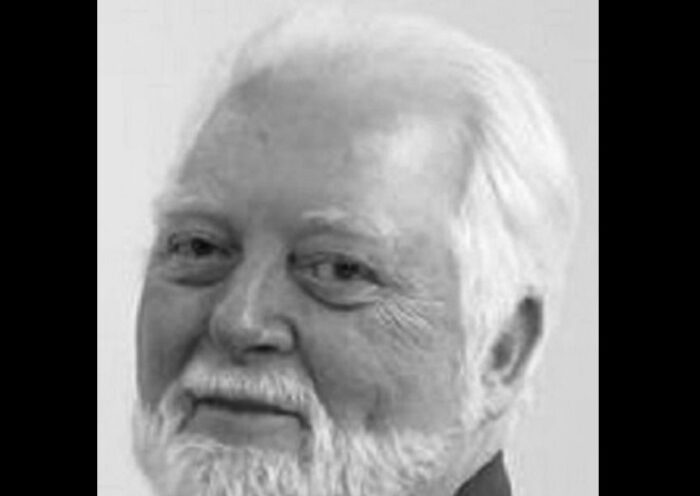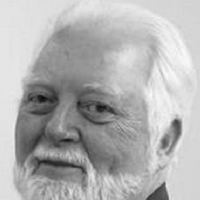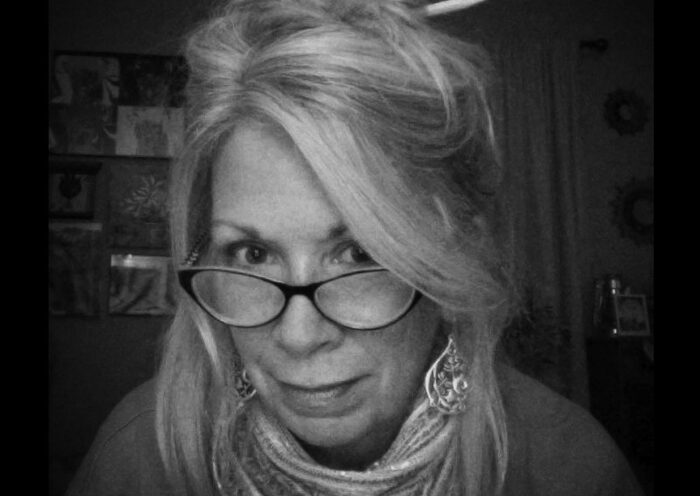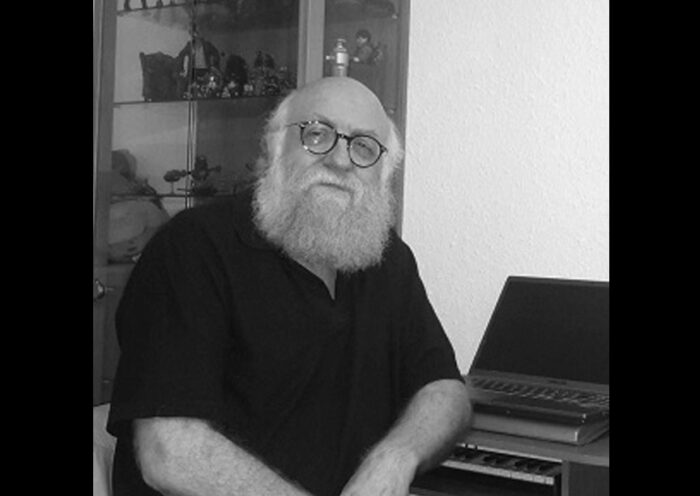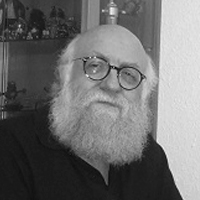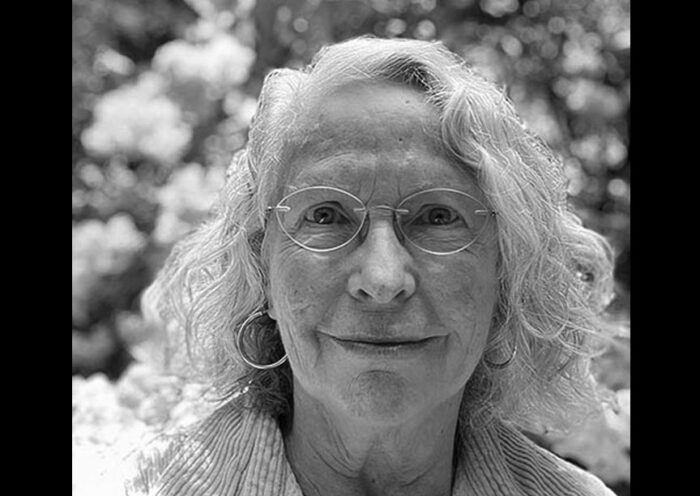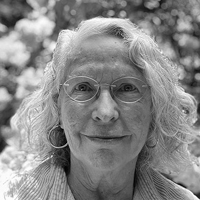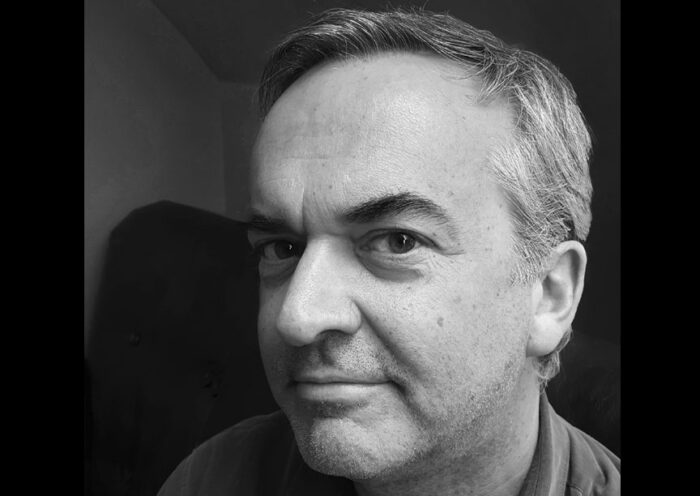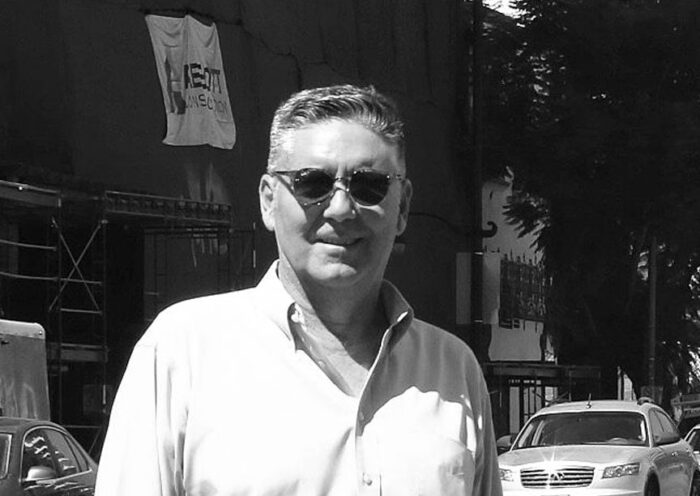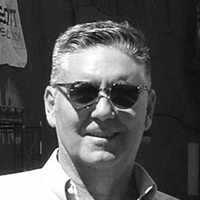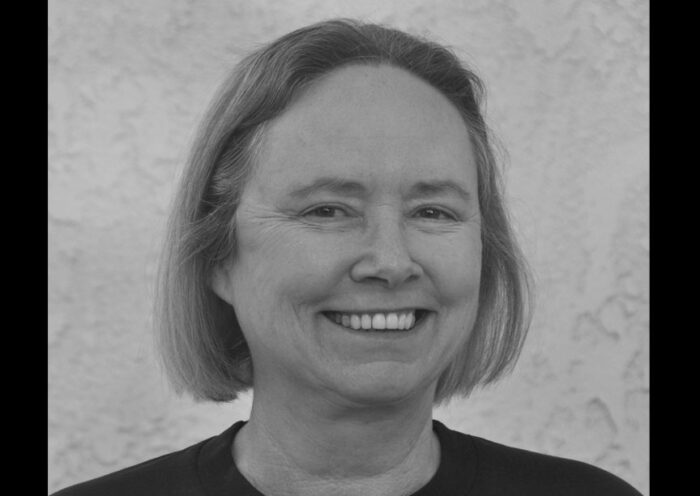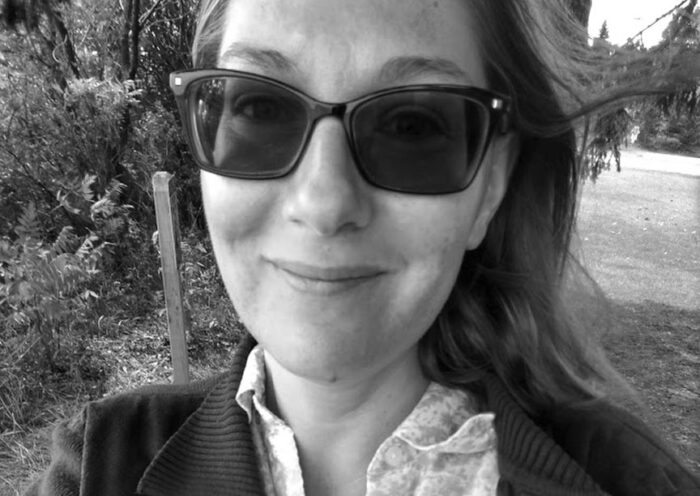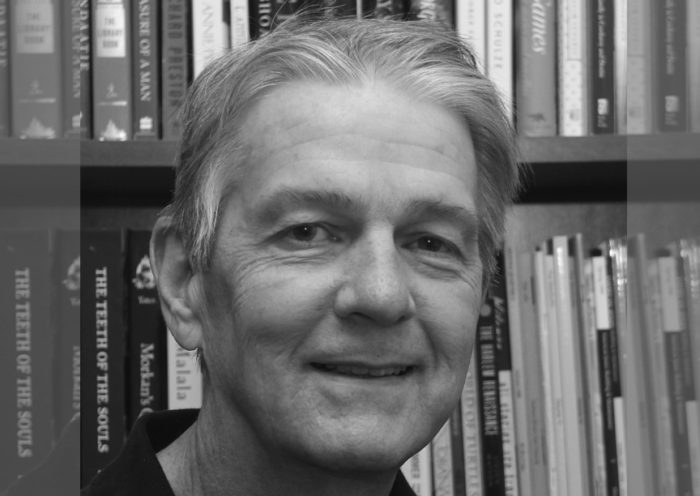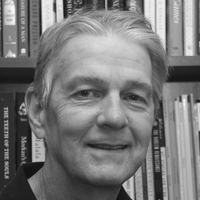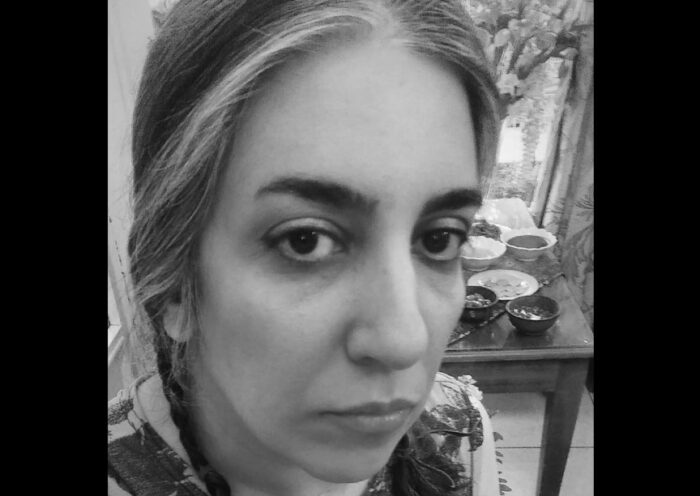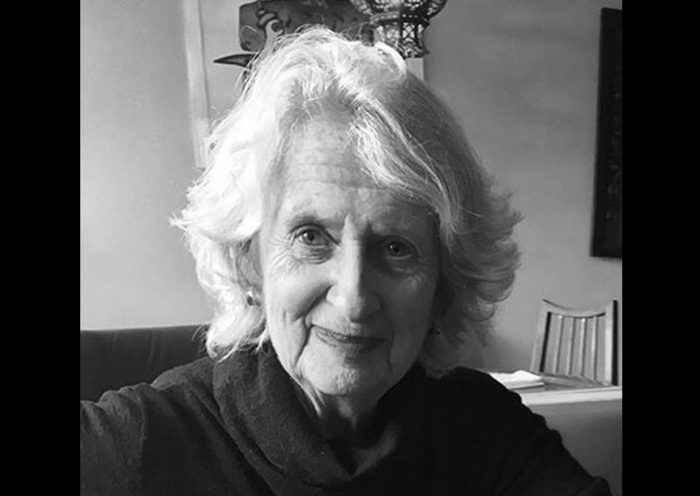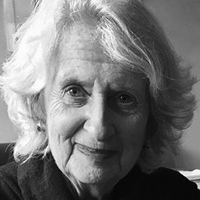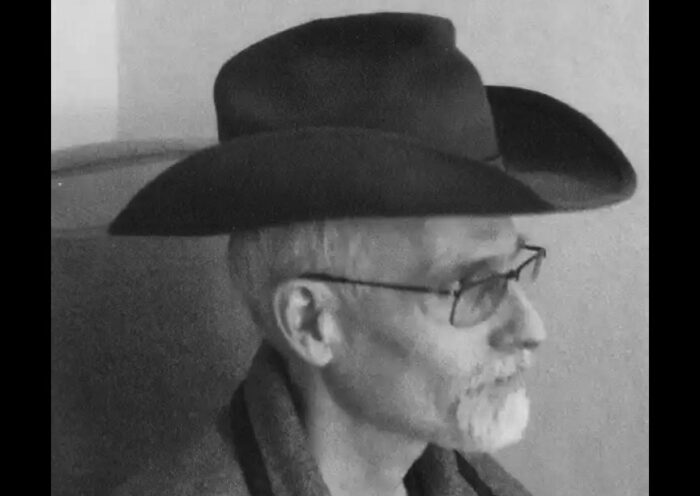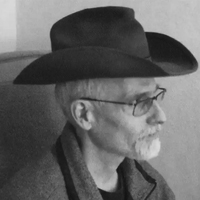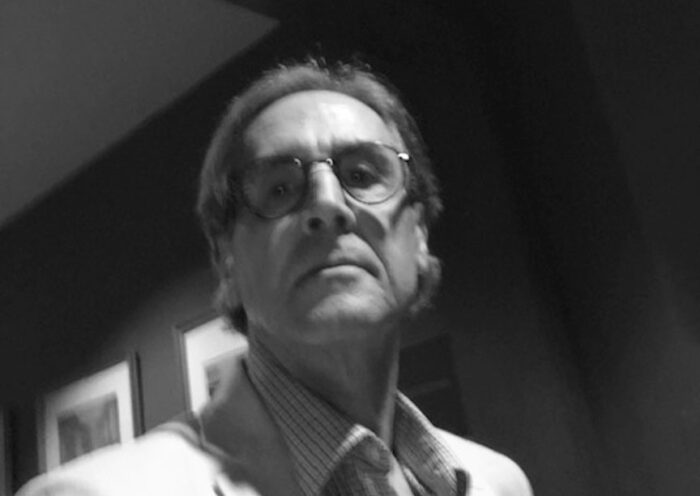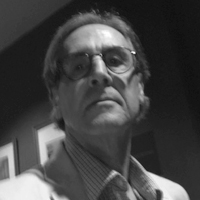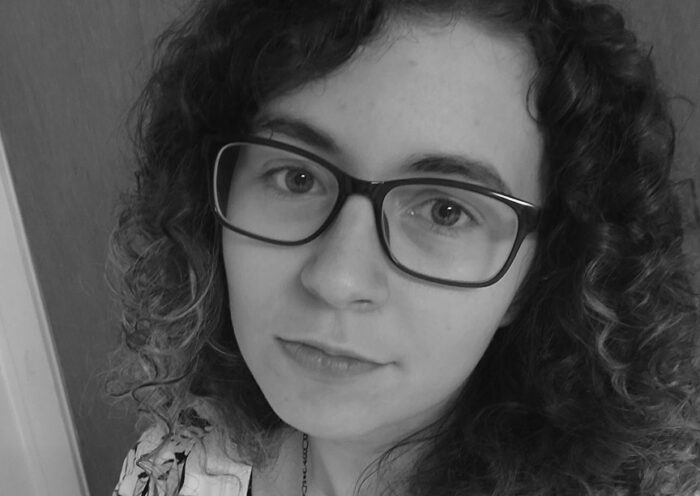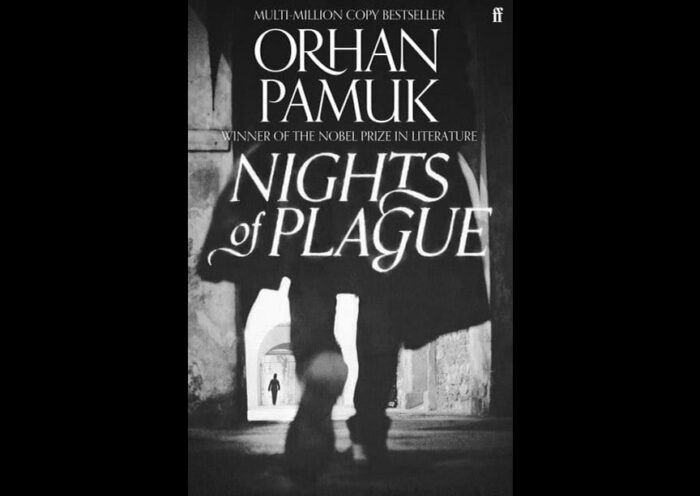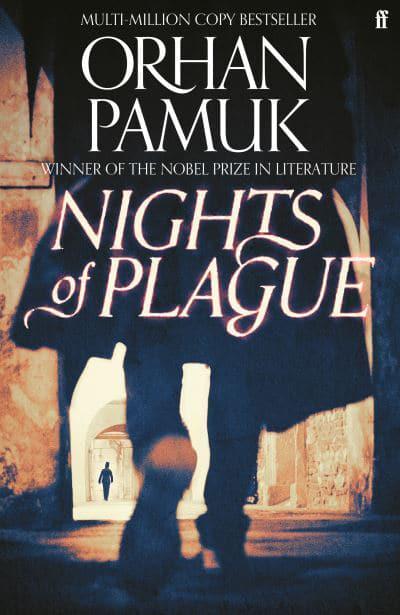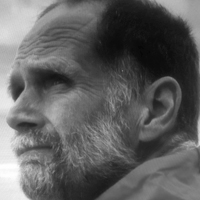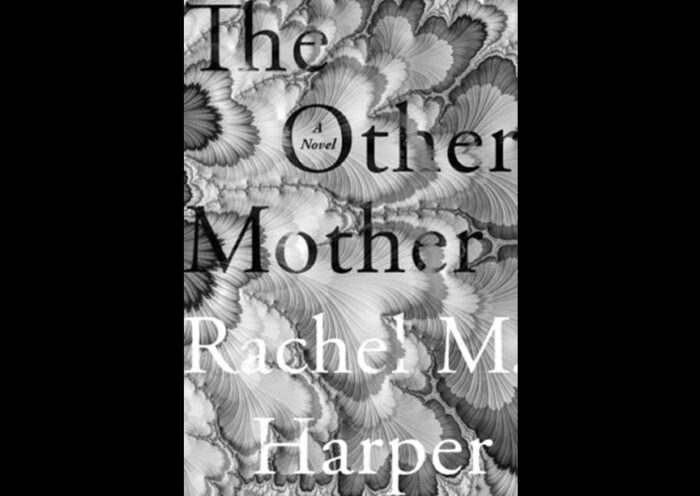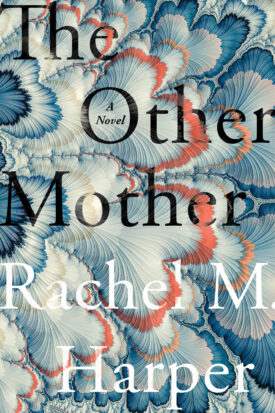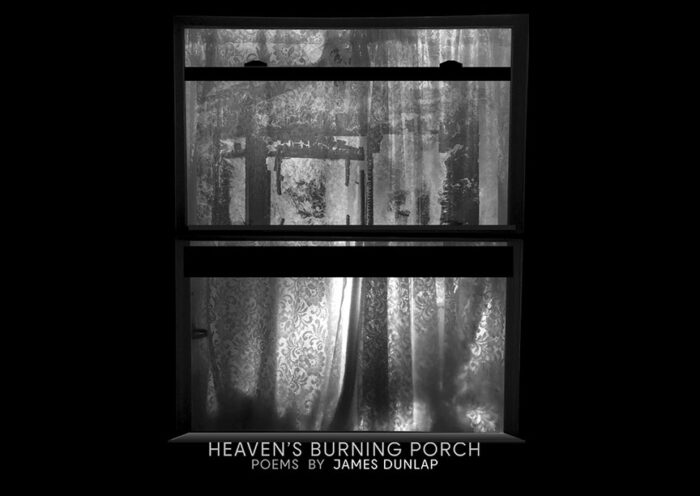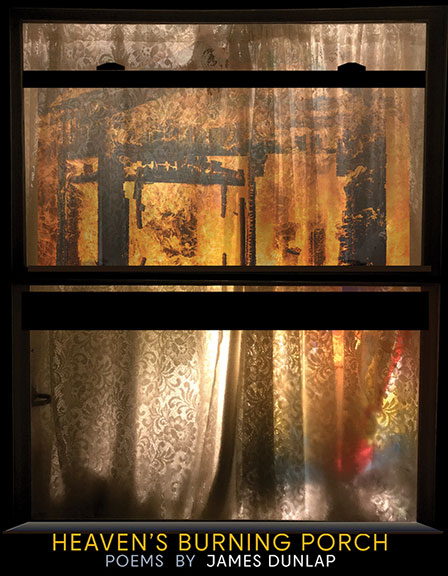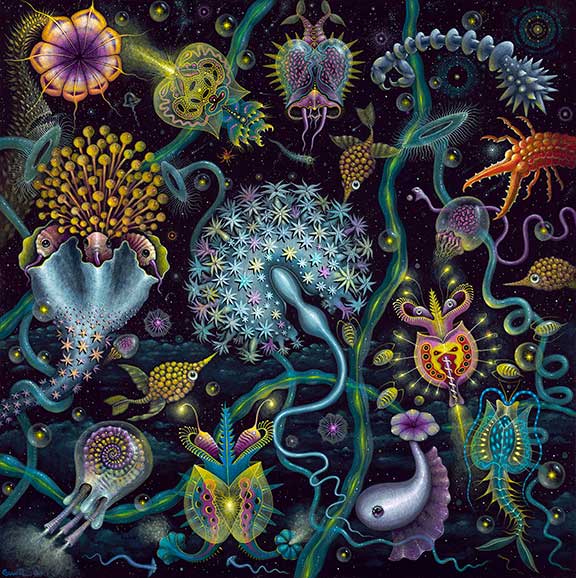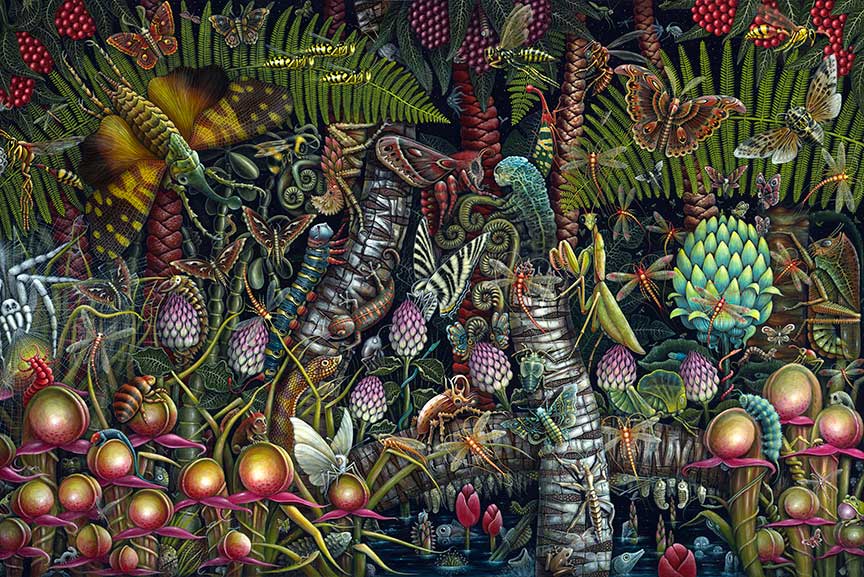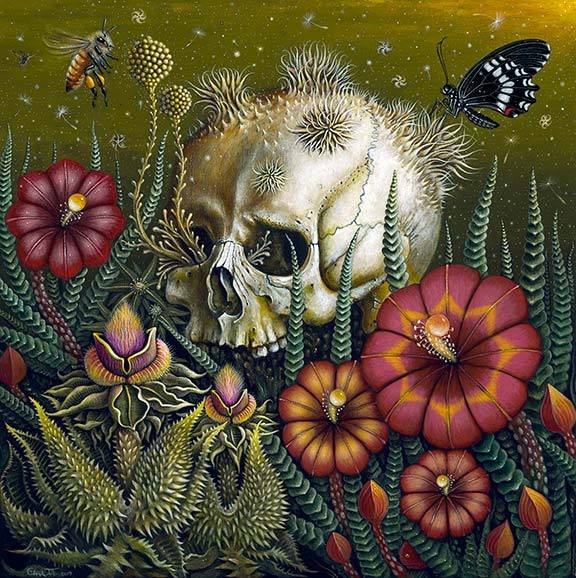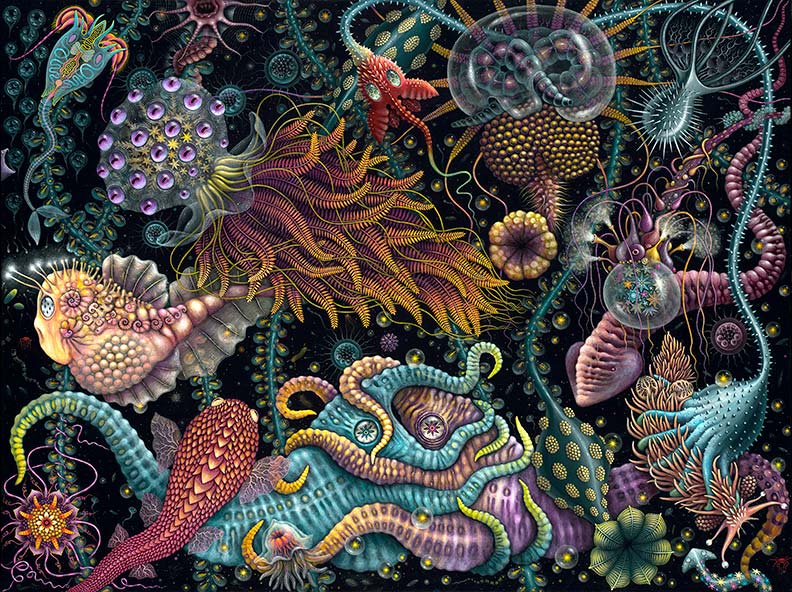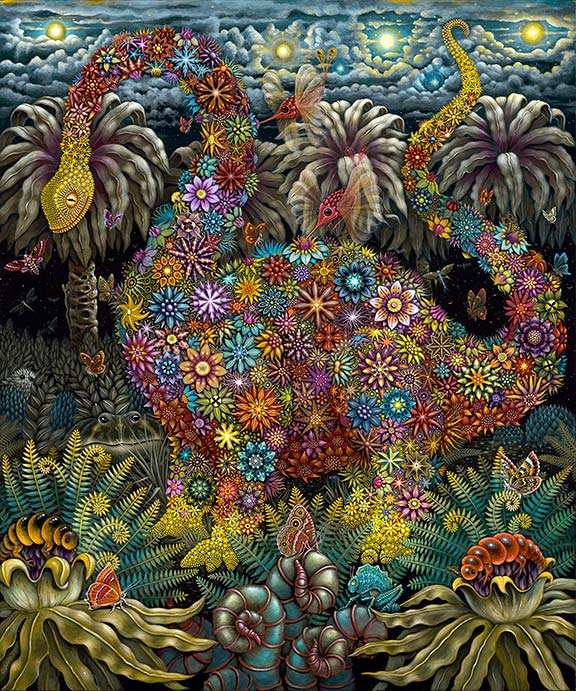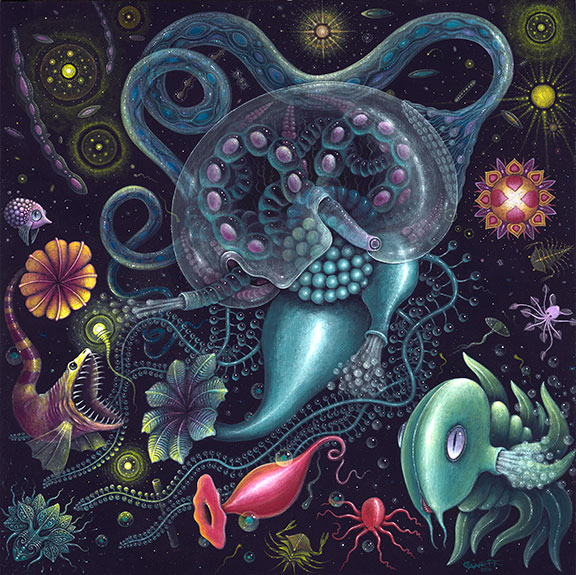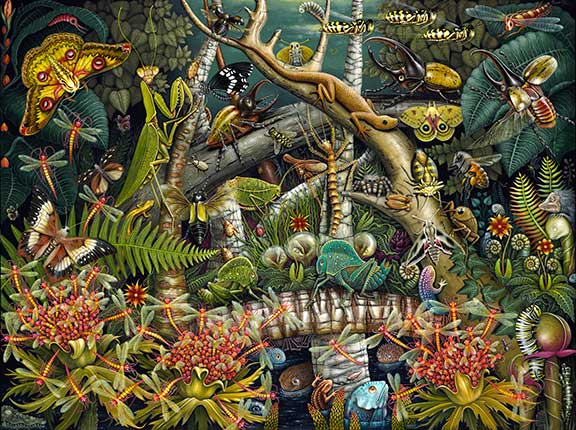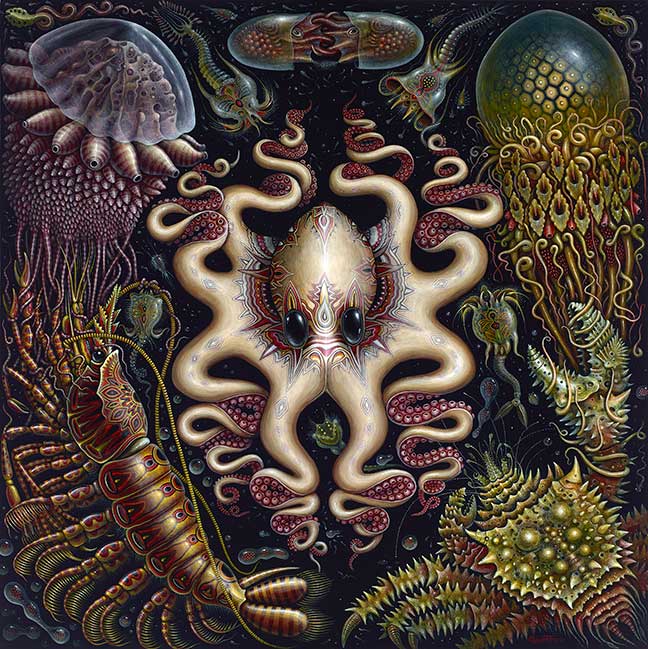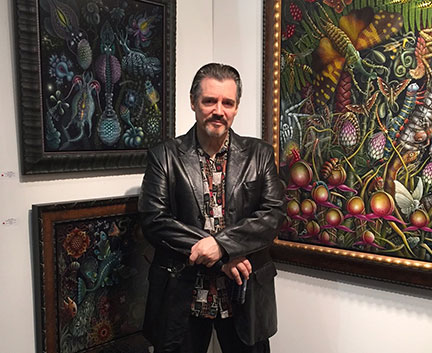“Like me to write you a little essay on the Importance of Subject? Well the reason you are so sore you missed the war is because war is the best [emphasis original] subject of all. It provided [sic] grasps the maximum of material and speeds up the action and brings out all sorts of stuff that normally you have to wait a lifetime to get. What made 3 Soldiers [written by John Dos Passos] a sweet book was the war. What made Streets of Night [written by John Dos Passos] a lousy book was Boston. One was as well written as the other. I can hear you telling me I’m all wrong. Maybe I am. Love is also a good subject as you might be said to have discovered…. And don’t for christ sake feel bad about missing the war because I didn’t see or get anything worth a damn out as a whole show, [and] not just as touching myself, which is the deep, romantic view point, because I was too young. Dos, fortunately, went to the war twice and grew up in between….”
[Ernest Hemingway to Scott Fitzgerald, 1925]
The summer sunlight poked through the leaves of the Chestnut trees standing along the wide Boulevard Montparnasse. Ernest and I sat on the terrace of the Café La Closerie des Lilas. Shafts of bright, clear light descended from above, falling on the tabletops where their reflections burned like sanctuary candles. A bottle of light, red wine sat between us. He poured me another glass.
“Congratulations, Max wrote me that he decided to publish your novel,” I said. I knew I would get no thanks. Ernest’s first novel, The Torrents of Spring, was rejected by a London publisher. I convinced him to send his second one, The Sun Also Rises, to Max Perkins at Scribner. Max wasn’t all that impressed, but I assured him that Ernest was the real thing and that it was important to get him now.
“You don’t box, do you? Ernest said. “I would guess not. The problem with you, Scott, you’re afraid to get hurt. Do you know how to tell time? “That was one thing about Ernest: it seemed he never cared about getting hurt. He thrived on risks, like he had something to prove.
He looked up at me with pupils black and wide, almost suggesting he wasn’t sure I could successfully operate a watch.
“I’m boxing with Callaghan this afternoon. We need a timekeeper.” He finished off the wine in his glass.
“Sure, sure,” I replied, “but why do you do it, why the boxing? Didn’t you see enough fighting in the War?”
“You’ll never get over it, will you?” he said while he poured himself more wine. He lifted the glass toward one of the streams of light and inspected the contents as he swirled the glass. He was right. I missed the greatest opportunity for any writer of my generation. Ernest had told me once that in war all of life is experienced in a day.
“It’s not my fault,” I protested. “It was over before I could get there. Tell me, what was it like?”
“It’s never over for those who were there. What happens to a man in war cannot be told. It must be felt.”
He stood up abruptly. “Are you coming?” he barked.
He made his way from the terrace and started walking up the Boulevard. I hurried and caught up with him.
“Where are we going?” I asked.
“Boxing”
“You just had a half a bottle of wine.”
“I don’t like to drink too much before a match.”
We walked about two blocks, turned down a side street, and stopped at a pair of wooden doors. He pushed on the right one. It resisted. He pushed harder, and the worn door began moving, scraping along the cement floor. It was an abandoned warehouse. A thin canvas mat lay in the center. Ernest stepped onto it, stripped off his shirt and started throwing punches at the air.
“Do you have a watch?”
I pulled my watch from my vest pocket.
“Each round is three minutes. You say ‘start’ and ‘stop’ when it’s time.”
It was the War he was throwing in my face. I wanted to say, “where are the gloves. I’ll go a few rounds with you.” What I wanted to say and what I wanted to do were quite different. In truth, I was afraid to get hurt. Only to experience war could have made me take chances, lie in wet, muddy trenches with every nerve in my body quivering, digging my fingers into the mushy ground, the concussion of impending death exploding around me. What did courage feel like? I may never know, but I wanted to see and hear it, the kind of fearlessness that Ernest threw around so naturally.
He stopped throwing punches and walked up next to me, tipped his head to an area at the back of the large vacant space. He spoke in a near whisper, “You see that guy over there?”
I looked and saw a man pushing a broom. I looked back at Ernest.
“He’s Austrian, fought the War. He says he wasn’t on the Italian front, but I think he’s lying. The son-of-a-bitch could have fired the mortar that knocked me unconscious, nearly killed me. He’s moved his family to Paris, trying to start over. He’s one of the ones who got away, Scott.”
Wouldn’t Ernest ever stop fighting the War? Before I could answer, I heard the sound of the door scarping on the concrete floor. It was Morley Callaghan. He was carrying a duffle bag. Morley was an American spending the summer in Paris with his wife. He was a reporter turned writer and did some boxing in college. Ernest knew him back in the States. I had run into him a few times at the cafés in the Quarter.
Morley didn’t waste any time. We exchanged greetings and he opened the duffle bag and took out the gloves. Ernest grabbed a pair. Morley stripped off his shirt and put on the other pair.
“Alright, Scott,” Ernest said, slamming his clenched gloves together, “three minutes a round.”
I looked at my watch and I said, “start.” The two men squared-off. Ernest threw a few wild punches. Morley blocked them and countered with more measured blows. I kept an eye on the time. At three minutes, I yelled, “stop.” Ernest took most of the punches, but it just seemed to whet his appetite for more.
I shouted, “start,” and the punches started flying again. By the fourth round, Ernest looked like he was ready to collapse. His face was dripping with sweat; his hands dropped lower. The man seemed to welcome punishment. I studied Ernest’s face closely. It was frozen into a stolid mask. His eyes looked in Morley’s direction, but their focus went beyond his opponent’s punishing gloves. For a moment, I had thought I was looking at the cold strength of courage, but there was something wrong. Ernest didn’t appear like he was fighting to win. He was just holding on. I was sure that in his own mind, in some twisted sort of way, he believed he was winning. From what I had come to understand about him was that anyone could throw punches, but only a real man could take them.
My mind began to drift. Each bruising snap on Ernest’s skin fell on me; its sting was strangely familiar. Each blow penetrated my exterior and landed squarely deep inside me. Each strike pealed a painful soberness. The shoes of the man of the world were conspicuously covered with Minnesota mud. I stepped back. The glaze in Ernest’s eyes, his unwavering focus on the shimmering distance, chilled me. I knew now what I saw. From the ghastly ash of his fears, grew a strong, vital tree, but it did not survive from courage. It grew only from desperation.
My attention was drawn back to the match. Morley had caught Ernest with a right hand in the mouth. He hit the canvas. His lip was bleeding. His mouth full of blood. Morley turned to me. “Scott, how long was that round?”
My watch! I glanced at the time. It was just over four minutes.
Morley grabbed Ernest by the arm and helped him to his feet.
“God damn you, Scott, I knew you let that round go too long,” Ernest yelled as he pulled off his glove and headed for the bathroom to try to stop the bleeding.
“Morley,” I said, “he thinks I did it on purpose. He thinks I wanted to see him get hurt.”
“He’ll get over it.”
He probably would, but I don’t know if I would. What was I thinking? He was tired and vulnerable. I had let him down. He was my peer, a writer who created truth from worn, ragtag pretense. His disappointment in me clawed at my inner fabric, a whole cloth that I had woven in night’s darkness out of thread plucked from hope and imagination. I had never walked in the mud of Minnesota. My parents were unknown to me. I had burst into the world as a novelist at an early age. The world had quickly swept me up in Alabama as one of its highest members. This was the seminal fiction which had become the hardened, immutable character of self which I had created. I could not bear to be re-written.
Ernest came out of the bathroom. His upper lip was bulging from tissue paper he had stuffed under it. I wanted to apologize and explain it was an accident. Before I could speak, with his finger putting pressure on his lip, he looked at me. His words were loaded with accusation,
“If you wanted to take a shot at me, why didn’t you put the gloves on? You couldn’t do it, could you?”
“I didn’t want…“ I said.
He interrupted, “I don’t want to talk about it now. Meet me at Gertrude Stein’s tonight.”
I nodded and walked out.
I walked up the Boulevard to the rue Palatine where Zelda and I were living at that time. When I came in, she was sitting by the window in the pallor working on a painting.
“Home early, aren’t you?” She said.
“I thought you might want to come to Gertrude Stein’s tonight. It’s Saturday. We’ll stop at Les Deux Magots first for a drink.”
“Where were you, or shouldn’t I ask? Who were you with?”
“Ernest, watching him box.”
“Of course, who else?” She stopped painting and turned toward me.
“And he’ll be there tonight?”
“What difference does it make?” I replied. I sat on the couch straining to appear nonchalant. Zelda stood up and stood in front of me.
“You spend more time with him than me. That’s the difference it makes.” She paused, her face straight and stern, her eyes sure, and blurted, “in bed and out.”
What? What was she saying? All those rumors started by McAlmon, and now this. I got up. I was speechless. It was the worst thing she had ever said to me. I began to walk toward the door.
“Wait,” she said, “there’s something else.”
She went into the bedroom and returned with the briefcase in which I kept my latest manuscripts.
“What are you doing with that?”
“I’m coming with you for a drink.”
I didn’t understand, but I was still reeling from her remark. I couldn’t focus on anything else.
We left the apartment and walked north toward the Seine. I didn’t know what to say. Any vigorous defense that I wasn’t a fairy just gave the proposition more credence. Any divergent discussion smacked of changing the subject out of guilt. We walked in silence.
The café was crowded. We sat together at the bar. No one recognized us, and, for the first time, I hoped no one would. I hunched over. My face hovered over the cracked and stained wood of the surface of the bar. A woman, sitting at a table behind me, said in a hushed voice.” Isn’t that what’s-his-name, the guy who writes those stories in the magazines?” I turned my head just enough to catch sight of who this woman was, but the table was clean and the chairs empty.
Zelda lifted the briefcase onto the bar and opened it. I watched with interest. She removed my yellow legal-sized pad and lay it on the bar. I glanced at the open page. It was in Zelda’s handwriting.
“You’re writing another article?” I asked. “Which magazine? Are you using Harold as the agent?”
“No, I’m tired of having you added as co-author,” she replied.
“You know you won’t get more than a few hundred dollars for it without my name.”
“I don’t care, Scott, I want something that is mine, just mine. That’s what you like isn’t it? Self-sufficient women.”
“This is about Lois, again. Right?” I shuffled my feet and grabbed my drink, digging-in and bracing for the concussion of accusations.
“All those women in Hollywood had a career. They were someone, not of someone.”
I picked up the yellow pad and started reading.
“What’s this? It’s about us. What publication is this for?
“It’s a novel.“
She lit a cigarette, crossed her legs, and turned away from me, surveying the room. There was no place she could hide.
I turned and put her squarely in my sight.
“This is garbage, amateur babble. It’s about us. You used material I want to use in my next novel. You’ll ruin me.”
I slammed my drink on the bar. Some gin jumped out. It sat in a small puddle as a reminder of the frustration and, more deeply, the disappointment from which it had sprung.
“Lois’ career had nothing to do with it. She believed in me. She gave me the confidence to be who I am.”
Zelda stood up. People began to stare.
“And who am I, Scott, one of your characters whom you push around with a number two pencil, erasing this and adding that?”
I took a quick glance around. I directed my eyes straight ahead, away from the crowd. I lifted my drink and whispered. “Sit down, people are beginning to look.”
Zelda raised her voice. “Isn’t that what you want?”
She turned to the crowded tables. She raised her right hand high into the air, addressing the patrons. “I present to you the great F. Scott Fitzgerald.” She bowed and swooped her hand in my direction.
I grabbed her by the arm and pushed her back on to the bar stool. My eyes were fixed on the floor. I couldn’t bear to see the face of anyone who might have mistaken me for a desperate boy from Minnisota. Zelda took the yellow pad and began to put it back into the briefcase. I grasped her arm and tightened my grip.
“Remember, no novels. Isn’t that ridiculous ballet enough for you?”
She got up, took a step back from the bar, her eyes never leaving mine, and pulled her dress over her head and tossed it on the floor. She stood there in a white satin slip with a plunging neckline and a hem high above her knees. She began pirouetting away from the bar and knocked into a table. The glasses wobbled and wine spilled onto the sleeve of one gentleman’s sport coat. Diners squirmed in their seats, moving their chairs in anticipation of where they would be safe from her next onslaught. She stopped at a table.
“I’m Zelda, the wife of the famous F. Scott Fitzgerald,” she declared, “I’m sure you know him. He would be happy to give you his autograph. In fact, it would be the only thing he’s written lately.”
She continued circling the room and arrived back at where I was sitting. She curtsied, looked at me, picked her dress up from the floor, and said, “Now, is that ridiculous enough for you.” I ordered a double gin. She took the briefcase off the bar, held it by its sides and swung it violently. Yellow pages fluttered through the air and fell helplessly to the floor. She threw down the briefcase and walked out of the café without another word. I looked down at the floor. I saw the pages I had written in the South of France during a time of betrayal, pages which were flesh and bone.
There on the floor lay Gatsby. He was as real as the person I was. He first introduced himself to me while I was living on Long Island in New York. I began to know him quite well. I wrote some pages about him and sent them to Max. He insisted that this character needed a past, a boyhood, some plausible experiences responsible for making him the man he was. My mistake was that I acquiesced and created what I thought should be Gatsby’s formative past. For some time after that he stopped visiting. The pages I reserved for him remained empty.
In that summer, secluded in Provence, I continued to try to write Jay Gatsby’s novel. Zelda was restless and resentful. She knew how to wound me. She met a French aviator on the beach and spent every day and too many late nights with him. I was convinced something happened in that time that could never be repaired. The person I had become, the person created from life-giving conviction, now had suffered a shattering blow. For the first time since the stardust of my dreams had become the sculptured rock of my firm belief, I had felt a quaking.
Where was Gatsby? Why did he leave me like this? I had gotten to know him quite well. His lofty visions for himself rivaled those of God Himself. Not even the passing of time could counter the perfection of his Platonic reality. He had met the girl of his dreams, but lost her, but, no matter, she would be his … not again…she would be his as it was meant to be when it was meant to be. I sensed, however, there was something he wasn’t telling me. It bothered me greatly.
It was on the darkest of those nights in the South of France when Gatsby came back to me. Provence settled still and quiet on that night. The easy, hushing sound of the tame tide floated through the open window. The light from the lamp on my desk reflected a warm glow on the yellow paper that waited patiently. Zelda had left earlier with Jozan, her Frenchman, and hadn’t yet returned. I was alone.
The night was warmer than usual. The slow-moving breeze from the sea was missing. I rolled up my sleeves, and sat at my desk, looking blindly through the window at the white moonlight tracing a path on the sandy beach. It was near midnight. The emptiness of the room and the stillness of the night pressed on me, and I sat immobile, paralyzed. A short, soft effort of air crept unexpectedly through the window and the paper on my desk fluttered. I picked up my pencil and wrote, “he could climb to it, if he climbed alone.”
I heard a rustling sound and glanced out the window. I thought it was Zelda returning. I heard it again and realized it was coming from behind me. I turned, and there was Gatsby. He walked around the room, nervously, his hands in his pockets, his head down as if he was thinking. He stopped.
“You know, you got it wrong”, he said, measuring each word. “She’s not the girl of my dreams. She is my girl, in spite, of my dreams.”
I now knew what he was hiding. He had fallen out of the heavens, where in his imagination, he had aligned the stars to his whim and landed harshly on the earth. I sat again at my desk and wrote quickly, “[He] forever wed his unutterable visions to her perishable breath, his mind would never romp again like the mind of God.” I poured myself a half glass of gin, took it down in a gulp. I dropped my head into my folded arms lying on the desk and began to weep.
I picked up my manuscript lying on the café’s floor. I finished my second glass of gin and looked out the open door. The fading, soft blue of the evening had begun. The night falls slowly in the summer in Paris. In a few hours an excited darkness, which plays recklessly among the lights of the street cafés, will blend, seamlessly, with the beckoning starlight, and the city will awaken. I walked out and made my way through the growing dimness toward Gertrude Stein’s salon.
I passed through the Jardin du Luxembourg, continued walking up the rue de Fleurs, and stopped at number 27. I proceeded through the covered passageway and entered the courtyard. A flower garden occupied the center, and I circled around on the path until I came to the atelier. The hum of conversation soaked through the door.
I knocked, waited, and no one answered. I tried the door. It opened, and Alice, Gertrude’s partner, greeted me.
Gertrude Stein was an American writer living in Paris. She supported local artists and writers and was a collector. Matisse and Cezanne hung on the walls. Picasso sketches, attached by tape beneath the paintings, fluttered as I passed by them. I navigated my way through the crowd to a table set against the side wall, where I poured myself a drink. Someone was pushing their way through the crowd. It was John Dos Passos.
“Dos, have you seen Ernest?”
“Yea, he’s around here. He’s tanked.”
“I was to meet him here,” I said, wondering if he had mentioned anything to Dos about this afternoon.
“I’ve never known Ernest to carry a gun,” Dos said.
“He has a gun?”
“Right, I just thought you should know. Oh, I saw Zelda, at least, I thought it was her, on my way here. She was walking down the rue Bonaparte. She seemed to be in a hurry. I called to her, but she didn’t answer. Anything wrong? What’s going on?”
“Dos, you were in the War.”
Dos gave a short nod. His forehead wrinkle; his brows flexed down, forming a straight, dark line.
“Would you get upset if someone asked you about what it was like?”
“I wrote a God damned book about it. You read it…Three Soldiers. Everything I had to say about it is in there. No one, who was in the war, wants to talk about it. Is Zelda’s stomach giving her trouble again?”
“Zelda… her stomach? No. It’s just a…a…yes, I read Three Soldiers, but I want to know more.”
“I wrote that in the trenches. At night I wrote in the light of the artillery bursts.”
My body straightened. My head rose. My balance faltered, and a wave of excitement usurped my thinking and shot through my chest. My limbs went weak. It was the romance of it all, like a pre-pubescent girl reading her first scene which penetrated her shielded desire in the way it was meant to be touched.
Dos’ face relaxed and he looked away from me. He stared blankly into the crowd.
“Scott, forget about the war. Sometimes at the beginning of what you thought was a great event, proves itself to be anything but.” He turned back in my direction. “What’s going on with you and Zelda?”
“Dos, I need to find Ernest.”
I lifted my drink, stood on my toes, and looked around the room. I spotted him standing near the Matisse collection on the other side of the room. I slid my body sidewise through the crowd. I heard Leo, Gertrude’s brother, lecturing to Ernest, another man, and a woman.
“If you look carefully,” I heard Leo say, “you will see that Henri doesn’t paint things. Like he once told me, ‘I paint the difference between things’.”
I pushed my way through the last few people, and Ernest turned to me.
“I want to talk to you,” I said, “about this afternoon.”
His face hardened into a mask of tense skin and contracted muscles. He looked down at the drink in his hand, snapped his head up. A strained smile appeared on his face.
“I’m fine, nothing to talk about.”
I wondered where he was hiding the gun.
“Scott, Scott.” Someone was calling me from within the crowd. I walked closer. It was Alice.
“There’s a man at the door who said that he’s here to speak to you.”
“Speak to me? About what? What’s his name?
Alice pushed passed the few persons standing between us. “He said you wouldn’t know his name. He said he works at the warehouse.”
Ernest was standing behind me. He looked at Alice.
“I asked him to stop by,” he said. “I told him Scott would pay him ten francs to hear about the War.”
Why didn’t he just shoot me. It would be far less painful.
Ernest followed Alice and they disappeared into the crowd.
I was left standing alone, only the gin remained. The hum of the crowd became distant and foreign. I faced the wall, my spirit swirled and fell farther down into an emptiness where once existed inexorable expectations. From the bottom of this pit, I heard a woman scream. The room went quiet. Ice clinked against the bottom of a glass. I turned around and saw the crowd compacting itself forward. I stood on a nearby chair to see what was going on. A semicircle had formed around Ernest and the Austrian. Gertrude pushed her way to the front and stopped with a jerk when she reached the pair.
“What are you doing? she said. “Have you lost your mind? Put that gun away.”
The Austrian was pale, a sweat had broken from his forehead. Ernest was staring intently at him with the gun cocked and pointed.
“Cosa hai da dire?” Ernest asked, his eyes daring the Austrian to answer.
“Niente, Io ho fatto niente.”
“Where did you learn the Italian? In Austria? No reason to speak Italian in Austria.”
“Yes, some Italian and some English.”
“Bullshit,” Ernest yelled out. “You learned it at the front.”
“No… I was not at Italy.”
Ernest stepped back, lowered the pistol and fired a shot into the floor. A flash ripped from the barrel; a crisp bang bounced off the walls. Alice stooped down and covered her head. Shrieks erupted from some of the women in the room. The first line of onlookers stepped back. Some standing behind stumbled and were caught by others behind them. Smoke floated around the room, and reality seeped from the odor of gunpowder. I stepped off the chair, squeezed my way to the side of the room, and pressed my back on the wall.
The Austrian’s arms, extended in front of himself, were shaking. He flipped his hands up as if to shield a bullet which may come at any moment. Ernest again pointed the gun in his direction. The Austrian fell to the ground, covering his head with his arms. His entire body was quivering. He tried to speak, but his breathing was too rapid, and his mouth shook so much that his words were just bursts of empty air.
Ernest, with his arm extended and the gun trained on the man, stared down at him and asked, “How many children do you have?”
“Three,” the Austrian mumbled.
Ernest yelled out, “Scott, where are you?”
I remained silent. He yelled louder, “Scott, where the hell are you? I thought you wanted to experience the War.”
Yes, I wanted to know the War, but from the bottom of a trench, holding on to the moist security of the firm and trusted earth.
“Get up here, Scott.”
I started toward the action. I reached the front but stopped far enough away. I had heard stories how soldiers had to wipe the blood and body parts of their comrades off their faces.
“Scott, it’s up to you. Do I shoot him?”
I took a step closer. Ernest was wobbling, his head bobbing.
“Why is it up to me?” I answered. “Why would I want an innocent man to be shot? A man who’s done nothing to me. A man with a family, a man who had the misfortune of being dragged into this bizarre mess. I can’t stand to see him suffer anymore.”
Ernest turned toward me; his arm with the gun was still extended. He walked closer. He reared his head back, put his arm down, and grabbed the pistol by its barrel. He thrusted it at me. I took it from him. His head swayed back, and, with his body wobbling side-to-side, he focused his glazed eyes on mine, and said, “Now you know what war is about.”
“Dear Sheila….
I want to die, Sheila, and in my own way. I used to have my daughter and my poor lost Zelda. Now for over two years your image is everywhere. Let me remember you up to the end which is very close. You are the finest. You are something all by yourself. You are too much something for a tubercular neurotic who can only be jealous and mean and perverse. I will have my last time, though you won’t be here…I wish I could have left you more of myself. You can have the first chapter of the novel and the plan. I have no money but it might be worth something…I love you utterly and completely.”
[F. Scott Fitzgerald, 1939]
The train began to slow. I heard the door between the cars open and the conductor walked past. He continued to the front of the car and grabbed the back of a seat whenever the braking caused an unexpected bounce or shove. I braced my foot on the back of the seat in front of me, resisting the forward movement. The station appeared and the conductor announced my stop. I disembarked and hailed a taxi.
The driver dropped me at the Garden of Alla on the Sunset Strip in Hollywood. The Garden consisted of a dozen or two of newly constructed bungalows, which sprouted up around a main house. The bungalows served as temporary residences for many of Hollywood’s celebrities and writers. Their comings and goings frequently landed in gossip columns, and their nearsighted, unbridled doings brought an air of frivolity to the place, and too often, the police. I often wondered if someone misspelled “Allah”, or, if God had refused to lend his name to the establishment.
It was only a few days that I had been in Hollywood. I spent most of my time alone. Zelda was still confined to Asheville Mental Institution in North Carolina. On my first day in the Gardens, I needed cigarettes. I walked a short distance up the block and entered a drugstore. There was a couple sitting at a table near the counter. The young man turned to the girl and held her face gently. She ran her hand through his sandy hair and pulled him close. Their lips met sweetly, and soon, they were lost in passion. People began to stare. A chill ran through me. A clammy sweat crept over my body. People and objects began to recede. I reached out and held onto some shelving, holding tight. I pulled hard, and harder, trying to bring myself back. There was a crisp snap, and I fell. I sat on the floor, and for all my efforts, I held only a piece of the shelf in my hand. The young couple was gone.
I spent most of my time at the Studio working on a script. After a few days, I had had enough of the stale, humid air in the cottage on the Metro lot, and I decided to stay home and write. The truth was, no matter how many words I put on the page, I never really wrote anything. It was all gone: the azure tide of the Mediterranean fading into the tenderness of the night, love that vibrated like a tuning fork struck on a star, and a green light marking the dock of the orgiastic future. All gone. What could I do? I needed the money. I continued to churn out scripts, blueprints from which directors and producers built their dreams, and, without reserve or chagrin, their wealth.
In the late afternoon I took a walk in the light of the fading promise of the California sun. When I was midway down the block, five or six cars, swerving and rumbling, rounded the corner. They paraded up the street, recklessly, some side-by-side, others trailing closely behind. The caravan stopped at a bungalow across the street, not far from where I stood. Men and women alighted from the cars. I recognized a writer from the studio, Bob Benchley. He noticed me staring.
“Is that you, Scott?”
I couldn’t ignore him. I pushed myself toward the crowd.
“Scott, come over here. Why don’t you join us? We’re celebrating a good friend’s engagement and, you know, it’s Bastille Day.” A wide, smirking smile appeared on his closed lips, his flushed cheeks bouncing up like two red balls.
I forced a smile and nodded.
“Oh, I want you to meet someone,” he said. He called into the crowd, and a young woman, a bit tipsy, stepped forward.
“Merriam, this is F. Scott Fitzgerald.”
He turned in my direction. “Merriam wants to be an actress. I’m helping her get her start.” He opened his eyes wide and raised his brows. The woman looked at me. Her face was still, her eyes glaring. She seemed shocked that I was still alive.
Bob grabbed me by the arm, and we entered the bungalow. The small drawing room was filled with laughter, erupting loud and abrupt, conversations mingled together into a sonorous hum, men and women gathered in smiling groups, and I sat in a chair in the corner. I lit a cigarette and the smoke swarmed around me.
Through the haze I caught sight of a woman, a decade or so younger than I was I guessed, clinging to the arm of a man dressed in a waistcoat I had seen adorning the stiff and royal in Europe. I heard him addressed as Marquess. The woman stood proudly at his side, her head raised, her hair golden, and her slim body moved with a sophisticated sway. Her smile, manufactured and undirected, beamed by the virtue of her association with a marquee, and, unmistakably, by her arrival as a woman of society.
It was a few days later when again I met the woman with the golden hair and sophisticated sway. She and I were guests at a Writers’ Guild dinner dance at the Coconut Grove in Los Angeles. Her name was Sheila Graham, a gossip columnist. She belonged to the class of finest people who had swept me up years ago in a country club in Montgomery. I had learned she was engaged to marry the Marquee, nevertheless, I found her interesting, and in a most scandalous way, exciting.
We sat alone at our adjacent tables. Everyone had gone to the dance floor. She didn’t notice me watching her. I got up and walked around the back of our tables. I stood behind her, and asked,” Would you like to dance?” She looked at me over her shoulder, smiled, took my hand, and we began to dance. No one had felt so right in my arms since a young, southern belle melded into my dreams.
As I held her in my arms, my thoughts wandered back to the familiar flicker I had seen from Catherine’s terrace that night in New York when the heavens had fallen. The dream-laden stars had lain before me like the fading embers of a temple filled with prayers burned beyond recognition. As we moved smoothly across the floor, I was struck by the realization that what was started by imagination and dreamed into reality had faded and fallen even farther away. Gatsby lay buried in the stillness of a dusty warehouse. In Paris I had struggled to write my next novel. I had reached down, time and time again, into the ash of a once successful writer to the find words, but all I came upon was the gin, the crooked floors of the Montparnasse cafes, and flirtations I re-scripted in my mind into genuine approval. Death lives in many twisted forms. Had I lost Zelda? Now, in the city of fantasy and oversized opportunity, I would rise again, but I knew I could no longer climb alone.
Sheila’s younger years and familiar, golden hair pulled on the hands of time. I reached out to her from the dizzying downward whirl. I thought she could give me all I needed to start again. However, it was sometime later that I discovered, in fright and panic, there was something Sheila did not have. It was Zelda’s alone to give.
The Marquee was called back to Britain for a while, and, in spite of her pending nuptial, Sheila and I began seeing each other regularly. In fact, she ended her engagement, and she and I behaved in the manner of the infatuated. We danced at all the clubs and spent the nights together. We shared our lives in all the known ways of a couple, and in a way that I had never imagined.
Sheila always had to keep up appearances. Her column had made her a target in Hollywood. When your career is taking shots at anyone who’s worth writing about, that is anyone who fell off the straight and narrow of the sinuous Hollywood line, you needed to keep your guard up at all times. She could make or break any up and coming actor. All she needed to do was to ignore him. Then he or she would come pounding on her door, giving her dirt they just dug up in the back lot from some jaundiced garden put there by an avarice producer or studio head. However, in spite of her high profile, there was something about Sheila which ran deeper. Below all the sophisticated mannerisms and cordial voice, I sensed a tentativeness, her movements were sharp and stiff and her words measured. What I saw was a little girl, a vulnerable little girl.
I lived in Encino and Sheila had an apartment in Hollywood. Photos of her family hung on the wall in the parlor. The picture of her sister, Alicia, appeared as a woman of her late teens. The photo was possibly taken at her debut into society. Her father and mother, shown together, bore the stately dress of the time. The mother was bound tightly at the waist, her long dress bunching at the rear as a proud protuberance of excess, popular with the British aristocracy of the time. Her father sat dominantly strait, his hands folded in front of him and his moustache, adorning a straight upper lip, painted a picture of a captain of industry and family.
My favorite photograph was of Sheila at an early age, dressed in a simple, white dress standing next to her older brother. He was decked out in the fashion of a part-time sportsman and a fulltime pursuer of leisure. There were photos of an aunt and uncle or two. One of the uncles stood beside an Aston Martin with the top and windows down, resting his elbow on the opened door frame. His smile invited anyone with sufficient means to join him for a day of carefree roaming.
Sheila and I left my house in Encino, where we had spent the night. She was driving, and we were en route to her apartment in Hollywood. I wanted to know more about her. Maybe it was the writer in me seeking to find whatever it was which made a character come to be who he or she was. Or maybe I just wanted to hear more about the aristocratic way of life, reaffirming my place among my peers.
“Tell me more about your sister?” I asked.
Sheila lifted herself slightly off the seat, seemingly, to settle more comfortably.
“There’s not much to tell. Like me, she went to a boarding school in North England and married a few years after she had graduated from Cambridge.”
Sheila gripped the wheel higher up, bringing her hands closer together, as if she needed more control.
“I don’t think I saw any photos of her husband. Did I miss them?”
She kept her eyes directed on the road. “No. It was a short marriage. Divorce you know.”
“Oh, sorry to hear that. What is she doing now? Hope all went well.”
She didn’t answer. Maybe there was some affair, and she didn’t want to go into it.
We rode in silence for a few minutes.
“How did your father make his fortune?” I asked, instantly regretting the topic, thinking that perhaps I might have touched into another sensitive area.
Sheila turned the wheel hard. We jerked to a stop on the side of the road. She was in tears. She bent her head down on the steering wheel. She was crying steadily, gasping for air.
“Your father,” I said, putting my arm around her shoulders, “I shouldn’t have asked. I’m sorry.”
She picked her head up. “It’s all a lie,” burst out between the sobs. She dropped her head back onto the steering wheel.
I remained silent. I didn’t want to upset her with any more questions.
“I was raised in an orphanage from the age of six. I never knew my father. My mother was an alcoholic. I have no family, no sister, no brother, no anyone. My real name is Lily Sheil. My mother and I shared a room in London with a wash woman. She had the bed and we lived on the couch. She couldn’t support me any longer and sent me to live at the orphanage until the age of fourteen. You mustn’t say anything about this. Promise me, promise. You are the only one who knows.”
“But the pictures…” I said.
I had them made by a photoshop in London.
“Even the one of you in the white dress?”
“No, it was a picture of my mother and me. I had them take her out and add a suitable brother.”
At last, the mystery of her deeper vulnerability, which I sensed in her every word and movement, unraveled before me. A valley of ash, which grew like wheat had become true and yellow through the magic of a fairytale nurtured so carefully, lived on so gaily. The Great Sheila.
I remembered the advice that Gatsby had given me on that miserable night in Provence. One could continue to climb to the top of his ineffable imagination only if he climbed alone. I wept for him and me that night. Again, a tear rolled down my cheek. I knew then that Sheila had “wed” her “unutterable visions” to my “perishable breath,” and she could never again climb alone. In the way Gatsby loved Daisy, in the way I loved Zelda, I then knew Sheila loved me.
“… It is very quiet out here now. I went in your room this afternoon and lay on your bed awhile, trying to see if you had left anything of yourself. There were some pencils and the electric heating pad that didn’t work and the autumn out the window that won’t ever be the same. Then I wrote down a lot of expressions of your face but one I can’t bare [sic] to read, of a little girl who trusted me so and whom I loved more than anything in the world — and to whom I gave grief when I wanted to give joy… It was all fever and liquor and sedatives…
“I’m glad you’re rid of me. I hope you’re happy and the last awful impression is fading a little till someday you’ll say ’he can’t have been that black’.”
[F. Scott Fitzgerald to Sheila Graham, undated]
Sheila never really understood the extent of my illness.
One night we were having dinner in her apartment. We had run out of wine, and she picked up my glass.
“No, you shouldn’t do that,” I said, putting my hand over the top of the glass. “I have TB.”
She exhaled an audible breath, air of incredulousness. She would get exasperated when I would insist that we change our seats in the theater when someone near us was a “cougher.”
“What makes you think you have TB?”
“I’ve had it since college.”
“How bad is it? What did the doctor say?” Her words challenging and staccato.
“He never said anything about it. I never told him about it. I was afraid he might send me to a sanitarium.”
“How do you know you have it?” Her voice grew to a higher pitch.
She didn’t understand the facts. I leaned forward and waited for her attention to settle coldly in my eyes. I told her the ugly truth.
“My father died from it, and don’t you know that writers are very susceptible to lung diseases. Whenever you hear a writer coughing, move away from him.”
She answered matter-of-factly. “Don’t you think if you had TB, I would have gotten it from you by now?”
“No, when I’m having an upbreak, I stay away.”
She continued looking at me for another moment. I thought she was about to say something, but she dropped her head, lifted her fork, and poked at her food. She had a serious air of concern about her. She looked up, her eyes penetrating me.
“Is that why you wear the hat and scarf?”
“The breeze can be a problem for me. It can create a chill which is undetectable but devastating to the lungs of a TB patient.”
“But this is Los Angeles,” she countered.
“You just don’t understand, do you? It’s different for me.” I didn’t want to talk about it anymore. I had other problems.
Metro fired me two weeks after assigning me to write a balcony scene for a movie called, Gone With the Wind. It was my last project for the studio. I was writing some stories for Esquire, but money was a problem. It was barely enough to keep up with Scottie’s expenses at Vassar.
My difficulties, however, ran much deeper. My dream, so purely conceived and carefully cultivated, was gasping for breath. My existence, my place as a writer, was crumbling. Everything hinged on publishing a successful novel.
The magazine stories didn’t take much out of me. They were nothing more than a lot of fluff, the superficialities of life framed in entertaining words and catchy phrases. A novel was quite a different matter. It is truth which separates the good works from the great.
In the beginning years, I only needed the intoxication of youth to bring real life to the page. In the wake of time, in the crush of coursing disappointments, it took all my strength to look at what was and what is. I could face it only in the numbness of the gin. I drank steadily.
At night I would read to Sheila sections of my novel as I completed them. One of the perils of truth is that it has a way of being just that. I had entitled my new novel, The Last Tycoon. It was partially inspired by my relationship with Sheila. Her character, Kathleen is in love with Stahr. He is attracted to her because she resembles his dead wife, Minna. Unfortunately for Kathleen, Stahr is still in love with his deceased wife.
Sheila began ignoring me. She said little during dinner. She would often sit by the window, staring off into nothingness. One night, as I walked to my room to do some writing, I said, “dear, why don’t you go for a walk. It might make you feel better.” I was about to open the door to my room, and I heard in a soft, slow, voice trailing off into an inaudible word or two.
“Why don’t you divorce her…”
I stopped and dropped my eyes to the floor.
“I will, I will,” I said, never turning around. “I have had enough. She told her psychiatrists that I was insane and should be committed. I can’t take anymore.”
I entered my room. I was alone and knew instantly there could be no divorce. To divorce Zelda would be to divorce myself. We wed the first time I saw her. An unknowing fantasy stumbled out of the blue light of the night, fell into a poor boy’s dreams, and emerged into my flesh and bone. Gatsby was wrong, terribly wrong. I needn’t go it alone to reach “the incomparable milk of wonder.” Zelda needed to stop being so selfish and do what I said. Together it would be as it should be. She could give me something which Sheila never could… my past.
Sometimes the path to personal demise is built from what is perceived as unexpected opportunity. After being fired by Metro, without a salary for the first time, Walter Wanger, a producer, hired me to write a script in collaboration with a young writer, Budd Schulberg. The movie was set in Dartmouth College. Budd and I needed to go to New Hampshire.
My TB was acting up. I was running a low-grade temperature, so Sheila accompanied me to New York. From there, Budd and I continued on to Dartmouth, and Sheila waited for my return at the Weylin Hotel in the City.
I really don’t remember much. It started with some champagne which Budd and I drank on the plane. When he woke me up in a hotel room in New Hampshire, it was three days later.
“I called Sheila. I didn’t know what to do. She wants you to call her,” Budd said.
He told me I had blacked-out last night after two days of drinking. It had happened to me before. I needed to get to a doctor and stay in bed for a few days with an intravenous drip. The vomiting and nausea, the shaking, the night sweats, but I had to do it.
I arrived back in New York. The whirl around me quickened. Wanger pulled my contract, and I couldn’t stop drinking. Sheila arranged for me to see a New York psychiatrist, Dr. Hamilton. The doctor’s path and mine had crossed a few times in Paris in 1925, and he knew about my drinking. Sheila also had told him about what she considered to be my hypochondriasis.
A knock came on the door of our hotel room. I was sitting on the sofa. Dr. Hamilton entered and pulled up a chair next to me. I took the bottle of gin from my coat pocket and took a mouthful.
“A psychiatrist, I never knew what kind of doctor you were. You don’t mind if I take a drink now and then, do you? It’s much preferable to the resulting alternative.”
“The shakes,” he replied.
He opened his bag and took out a bottle of pills.
“Take one of these every six hours. It will help.”
He checked me into New York Doctor’s Hospital. We talked for an hour each day for the next two weeks. On our last meeting, Dr. Hamilton leaned back in his chair. His focus piercing me.
“This fear of having TB and your other hypochondriacal symptoms do not come from any fear of dying. Your drinking is not related to this.”
“Fear of death? Death may be what I need.”
“Of course,” he responded, never moving his head, his eyes now meeting mine. “Then you would never grow old.”
A wave of tingling started in my arms and shot through my chest making my heart pound. The tingling shot to my legs; a weakness overcame me.
“Let it go, my friend, your adolescence is over. Bury the past and let it lie in peace.”
I fumbled in my coat pocket. I put a cigarette in my mouth. My hands were trembling as I held the match. I took a drag, stood up, and ground the cigarette out in the ashtray on the desk.
“I have to go,” I said.
Sheila and I returned to Hollywood. I took a bottle of gin to my room and continued working on my novel. Stahr, my main character, continued to reveal himself to me. I began to see how different he was from Gatsby. It was what Dr. Hamilton had said that made it all so clear. Stahr had buried his past. He was a man deprived of hope. Gatsby was a man of untethered, boundless hope. His only mistake was that he invested it unwisely. It was this difference which the doctor had failed to see. It is hope that separates the beautiful from the damned. I knew I needed to see Zelda.
I told Sheila I was going to Cuba with Zelda for a vacation.
“Go to your Zelda,” Sheila told me. “I had a life in Hollywood before you, and I will have it again.”
The spinning, the chaotic downward whirl, quickened. The gin, money a constant worry, every day ripping the life of a novel from my guts, not knowing if I would ever see Sheila again, Zelda walking a thin edge, and my past fading with each breath I took. I could no longer reach out. I simply held on.
I picked up Zelda at Asheville Hospital, and we flew to Cuba. I continued drinking. There was a cock fight and I rescued one of the chickens. A group of men chased me, caught me and beat me. Zelda remained at the hotel and prayed during the entire trip. I drank. We flew back to New York, checked-in to the Algonquin Hotel. We were thrown out. Zelda went back to Asheville. I checked into Doctor’s Hospital, checked out, continued drinking, and flew back to Hollywood. My TB was back, so Sheila stayed with me in Encino. I wanted to kill her, but I couldn’t find my gun. I drank some more. I slapped her. The police came. Collier’s and The Saturday Evening Post rejected to serialize what I had written of The Last Tycoon. The world was a blur.
It was all slipping further from my grasp. No one wanted to read F. Scott Fitzgerald anymore. Zelda wasn’t getting any better, and Sheila…. I needed to see her.
She consented to see me, and I met her at her apartment. She opened the door and threw her arms around me. It was what I needed.
Encino was dreadfully hot in the summer, and I found it hard to breathe. I moved to an apartment in Hollywood. My breathing didn’t improve. I even had trouble climbing stairs. How ironic, Gatsby once told me that to climb to it, I must climb alone…if only I could.
I had to stop drinking. It was the only way back to the dream-hardened path I had begun to walk so early in life. Sheila’s apartment was on the first floor. I moved in with her. I stopped drinking and wrote every day. It hurt without the gin. Every part I touched deep inside brought a beckoning memory, and when I reached out, it faded into the darkness in the way the blue of the Paris evening succumbed to the night.
Two weeks ago, on one of my better days, I took a walk to Schwab’s drugstore. I needed cigarettes. I entered the store, walked toward the counter and I began to feel dizzy and weak. I remember falling.
“Scott, where have you been? Sit down, have a drink.” It was Ernest. He looked around and spotted the waiter. “Monsieur, gin pour mon ami.”
I sat down at the table below the chestnut trees on the terrace of the Café La Closier des Lilas. Spindles of light, bright and scintillating, streamed down from the openings in the canopy of leaves moving gently in the soft breeze.
“Tell me about this new novel you’re writing,” he said. Ernest was bubbling with excitement. He was truly happy to see me.
Before I could speak, he stood up. He began waving to someone.
“Gerald, over here,” he shouted.
I turned my head and saw Gerald Murphy heading toward us.
“Scott, haven’t seen you around. Working on something new?” He dragged over a chair and took a seat at the table.
“I was just about to tell Ernest about it,” I said.
“Gertrude Stein said you must be working on something. That’s why we haven’t seen you,” Gerald interjected. “Sara and I read your last one…stellar, my friend, stellar. Sara said she thinks it could be one of the best novels of the twentieth century.”
I wasn’t sure what novel he was talking about.
The burning shafts of sun light began to glow brighter until they obliterated the space around us. I sat warm in the brilliance. The breeze lifted me. I spun and tumbled in the blinding light and came to rest on a dusty road. It ran through an empty, barren field, perhaps, a farm left fallow. Long leaf pines, their wide trunks, sparse and nestled close together, stood straight and tall on the sides of the road. The sun, hidden by the clouds, warmed the moist air, which clung to me in the way known only in the Alabama heat.
A young girl stepped out from the dark, barrier of pines. She had the most beautiful whitish-pink skin. Her auburn hair was bobbed with enough audacity to send it into large curls, bouncing recklessly. It was Zelda, young as the day I had met her.
“Scott, I’ve been waiting for you. Come on we have a long way to go.”
She linked her arm around mine. We continued walking. The dark pines became fewer, and pink dogwoods gathered on the sides of the road. A sweet smell soon swarmed around us as the dogwoods were joined by the crape myrtle, whose gentle branches, sprouting purple flowers, hung over the road and watched silently as we passed.
BIO
Don Donato received a Masters of Liberal Arts in Creative Writing and Literature from Harvard University, College of Extended studies, in 2019. His graduate interest was studying the writing of the Lost Generation living in Paris in the 1920’s. In addition to short stories published in various journals, Don has written a novella, In the Faded Blue Light, in the voice and style of F. Scott Fitzgerald in the form of “memoir.”
Don Donato: Dod401@Alumni.Harvard.edu



